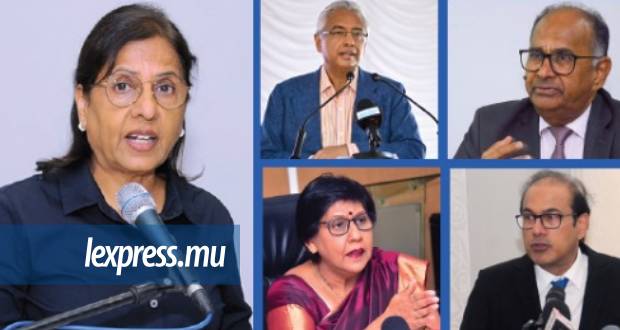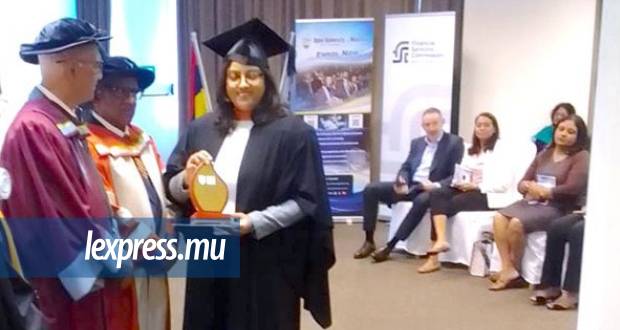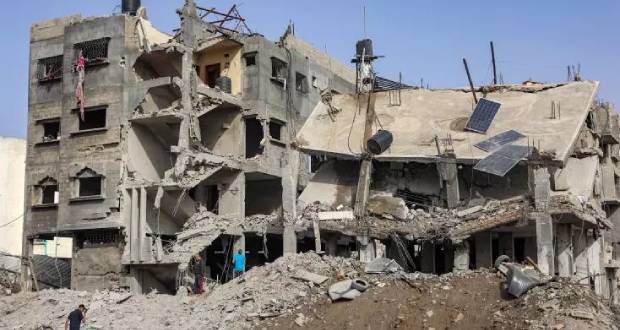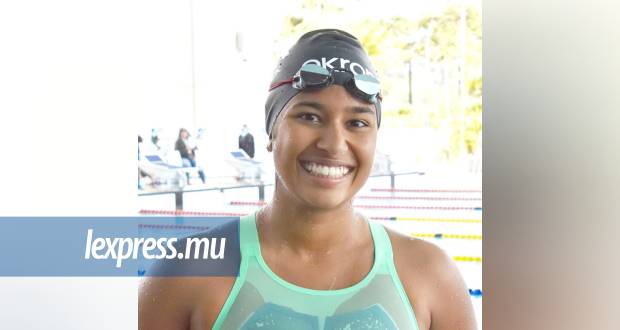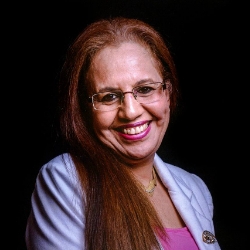Publicité
Vijay Coomar Joypaul: Loving Humanity – my own chapter
Par
Partager cet article
Vijay Coomar Joypaul: Loving Humanity – my own chapter
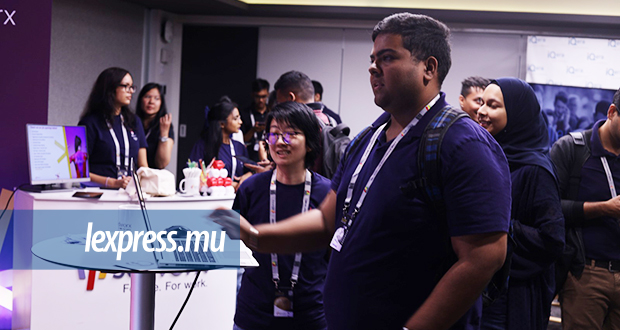
There were mixed feelings at the launch of the book, Vijay Coomar Joypaul: Loving Humanity, last Wednesday at Hennessey Park Hotel. There was sadness at the loss of the career diplomat Vijay Joypaul, gone too soon, leaving behind his widow, Sunita Ramgoolam-Joypaul, and members of the Joypaul family. But there was satisfaction that the book being launched by his family will prevent the man who contributed so much to many aspects of his country from sliding into undeserved oblivion.
The man came alive and his light shone bright enough to light a hall packed full of selected dignitaries, friends and politicians from several boards, including former Presidents Cassam Uteem and Kailash Purryag and former Prime Ministers Navin Ramgoolam and Paul Bérenger.
The book essentially is, as Sunita Ramgoolam-Joypaul describes it in her acknowledgments, a “collection of anecdotes and reminiscences about my husband Vijay…to pay tribute to him.” Sunita concedes that “Vijay probably wished to observe a diplomatic silence on his life” but she and his family were encouraged by his friends, particularly Jayen Cuttaree, to go ahead with the idea.
The book brings out several aspects of Vijay Joypaul. He was something to everyone whose life he touched. To Marcel Gabon, one of the greatest Mauritian poets, he was “a talented young man, an actor in a class of his own and a young Indo-Mauritian who spoke first class French”. To Cassam Uteem, with whom he shared a passion for the theatre, “His eloquence in, and mastery of, both English and French languages, as well as his love for literature, were his hallmarks”. The reader, luckily, is offered in the book extracts of letters Vijay wrote, interviews and lectures he gave. In these, it is easy to savour the extensive knowledge of the man being paid tribute to and the mastery of the languages he expresses himself in.
'' If I were to contribute a chapter to the book, it would be about his emotional intelligence, his ability to read people he knew as well as those he didn’t, know about their needs and respond to them in whatever way he could.''
For Vijay Makhan, a former diplomat, what he calls my namesake “was one such man who indeed had many entrances and played a multitude of parts…His command of languages and his wide repertoire of quotes made it a matter of course for him to turn any event, however mundane, or even insignificant into a memory of a lifetime.” And Manda Boolell, his former colleague talks of his “extraordinary memory”. His younger brothers look upon him as a guru who led their way and whose “giant footsteps” they had to follow.
A man with flaws
By the time the reader has been through the anecdotes and impressions of Vijay’s relatives, brothers, grandchildren and friends, a complete picture is formed of a man who from very humble beginnings in the tiny village of Souillac worked his way up to occupy very high positions and rub shoulders with the great and mighty; a student who loved literature, had an excellent mastery of both English and French and was a loving and caring friend and relative as well as a devoted husband and hardworking public servant and diplomat, who served his country with competence and integrity.
The book does not however idealise the man or elevate him to the status of sainthood as so many books written to the glory of the dead do. Sunita, his widow, talks about their love and how good she felt in her marriage but she does openly and candidly talk about her marital problems – problems hundreds of women can relate to but perhaps cannot break the taboos to talk about. So the picture that emerges is that of an exceptional human being with his flaws, which reinforces the credibility of the qualities that come across from reading the book.
Emotional Intelligence
I did not know Vijay personally but I knew of him through my then-colleague and good friend Asha Joypaul. She was his sister-in-law and we had that kind of proximity that entitled us to share whatever happened the day before as soon as we met the next morning. So I got to know so much about a man I had never met, his culinary skills, his generosity, his relationship to others and how he was wired. I guess Vijay must have been subjected to some ‘sharing’ too as one day, Asha brought me a bag full of fresh sardines sent by Vijay to make up for my nostalgia for my country! I was stunned not only because I had no idea where he got such a rare grub from but also because of the thought behind such a kind and thoughtful gesture. I still remember the taste of those sardines and the feel as I was marinating them and savouring their smell! When Vijay passed away, although I had never met him or his wife, I made it a point to pay the family a visit.
If I were to contribute a chapter to the book, it would be about his emotional intelligence, his ability to read people he knew as well as those he didn’t, know about their needs and respond to them in whatever way he could.
That emotional intelligence was subtly illustrated in the book by former French President Jacques Chirac. In a letter he sent to Vijay addressing him as “Monsieur L’Ambassadeur” with a handwritten “Cher ami” next to it, President Chirac thanks him in the following terms: “How can I ever thank you for all the books you took the trouble to choose to enable me to appreciate the rich and diverse Mauritian literature?”
That was the way Vijay was wired. He knew what each of us needed and he generously provided it. Sardines to cure nostalgia, books on Mauritius to familiarise a foreign president with a country, calling a cab to take a sick dog to the vet or a foreign lady for a midnight swim in the sea…Vijay really was the kind of person who, as Kipling said, walked with kings but did keep his common touch. If anyone deserves a book to be remembered, it was Vijay Joypaul.
Publicité
Les plus récents

